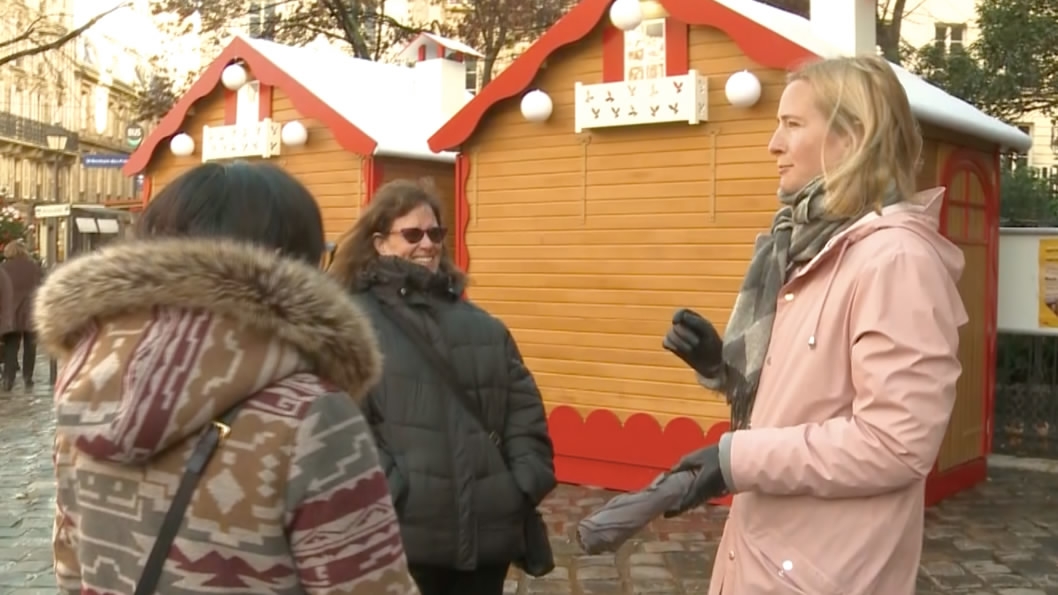
Culture
11:58, 12-Dec-2017
Paris tour guide wants to put women at the heart of history
By Elena Casas

There are thousands of guided tours you can take of Paris, the world’s most touristed city – but not many focus on women. British tour guide Heidi Evans has now launched her own company, running tours focusing on how women have helped shape the City of Light.
The first stop in our literary exploration of the Left Bank was the first publishing house dedicated to women’s writing in Europe – Éditions des femmes, founded in 1972 by Antoinette Fouque, and still publishing women writers today.
Just around the corner is the house where Colette, one of the most famous French authors of the twentieth century, lived when she first arrived in Paris in 1893. She was at the time married to novelist Henry Gauthier-Villars, who realized that she was the more talented writer, and imprisoned her in their house to write, publishing her first four novels under his name. They made him very wealthy and he retained the copyright even after their divorce. But she had the last laugh, becoming one of France’s most renowned authors, even nominated for the Nobel Prize in Literature in 1948.
Our next stop was the home of George Sand – born Amantine Lucile Aurore Dupin, Sand began to dress as man and publish novels under a male name after her divorce in the 1830s. She was granted a special dispensation to wear trousers – at the time illegal for a woman in France – by Paris city council, such was her literary fame.
The dome of the Académie Française, the arbiter of the French language, at the end of the same street reminded us that women still have a long way to go for truly equal recognition in French intellectual and literary circles. The Academy has elected just eight women members since it was created in 1635.
Walking towards the Luxembourg Gardens, we passed the original site of Paris’ most famous English language bookshop, Shakespeare and Company, founded there in 1921 by Sylvia Beach. Beach was a great patron of penniless writers of the era, including Ernest Hemingway and James Joyce, whose masterpiece "Ulysses" she published in 1922 when no other publisher would touch it. Beach was forced to close her bookshop during the Nazi occupation of World War Two. The current Shakespeare and Company bookshop, at another site on the bank of the Seine, was opened by an admirer in her memory in 1951.
The tour’s final stop was Les Deux Magots café, famously the watering hole of Jean-Paul Sartre and Simone de Beauvoir, where tour guide Heidi reminded us that when twentieth century philosophy’s most famous lovers met while taking a famously difficult postgraduate exam in 1929, Sartre may have narrowly topped the class – but he had failed it before, while de Beauvoir was the youngest person ever to pass. De Beauvoir, of course, went on to become the intellectual force behind French feminism.
Nearly 70 years after the publication of her seminal work "The Second Sex," tourists and students of history alike are still too often in the dark about women’s stories, but the aim of tours like this is to put women’s role in building Paris where it belongs – in the spotlight.

SITEMAP
Copyright © 2018 CGTN. Beijing ICP prepared NO.16065310-3
Copyright © 2018 CGTN. Beijing ICP prepared NO.16065310-3